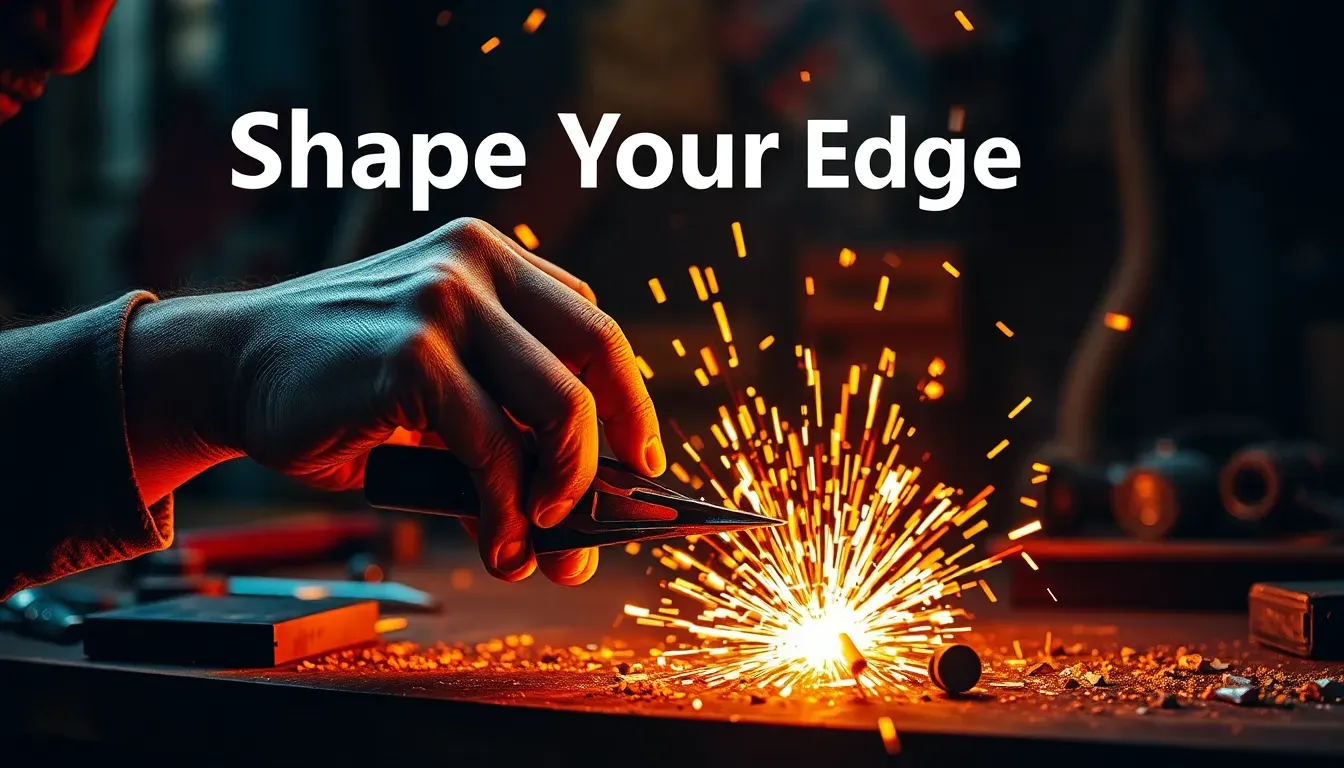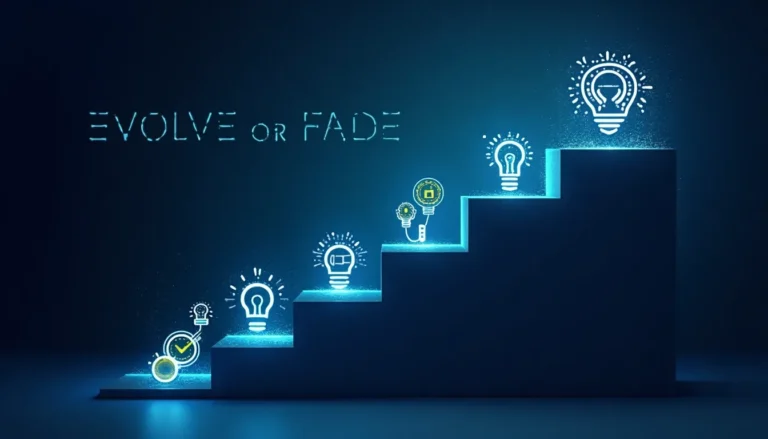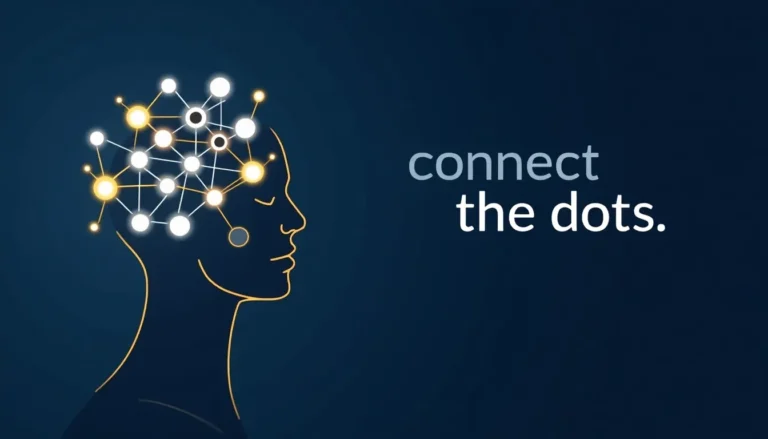The Toolmaker’s Advantage
We didn’t conquer the planet with brute strength.
We did it by making better tools.
From stone axes to steam engines to semiconductors, humans have always amplified their capabilities through invention. It’s not just about having opposable thumbs – it’s about having the imagination to see what those thumbs could create.
Now we’re building tools that can think.
AI isn’t just another tool in our arsenal. It’s a tool that makes tools. A meta-tool that can design, optimize, and deploy new solutions faster than we ever could alone.
This changes everything.
The advantage no longer goes to those with the biggest muscles, the most money, or even the highest IQ. The advantage goes to those who best understand how to collaborate with AI – the new toolmakers.
Think about what happens when everyone has access to AI capabilities that were once reserved for tech giants. When small businesses can harness the same analytical power as Fortune 500 companies. When individuals can tap into AI expertise across any domain.
The playing field isn’t just leveling. It’s transforming.
But here’s what most people miss: The real power isn’t in the AI itself. It’s in understanding how to shape it, direct it, and combine it with human insight.
The stone axe was useless to those who didn’t know how to swing it.
The steam engine was worthless to those who couldn’t harness its power.
AI is impotent without human wisdom to guide it.
We’re entering an era where the competitive edge belongs to the toolmaker-philosophers. Those who can both craft the tools and deeply understand their implications.
The questions that matter now:
What problems are you trying to solve?
What tools do you need to build?
How will you combine human and artificial intelligence?
The tools are getting smarter.
The real question is: Are we getting wiser in how we use them?
Our ancestors didn’t just make tools.
They reimagined what was possible.
Now it’s our turn.
The future belongs to those who understand that AI isn’t just about automation – it’s about augmentation. Not replacement, but partnership.
We’re still the toolmakers.
We’re just making tools that can think.
And that changes everything.



